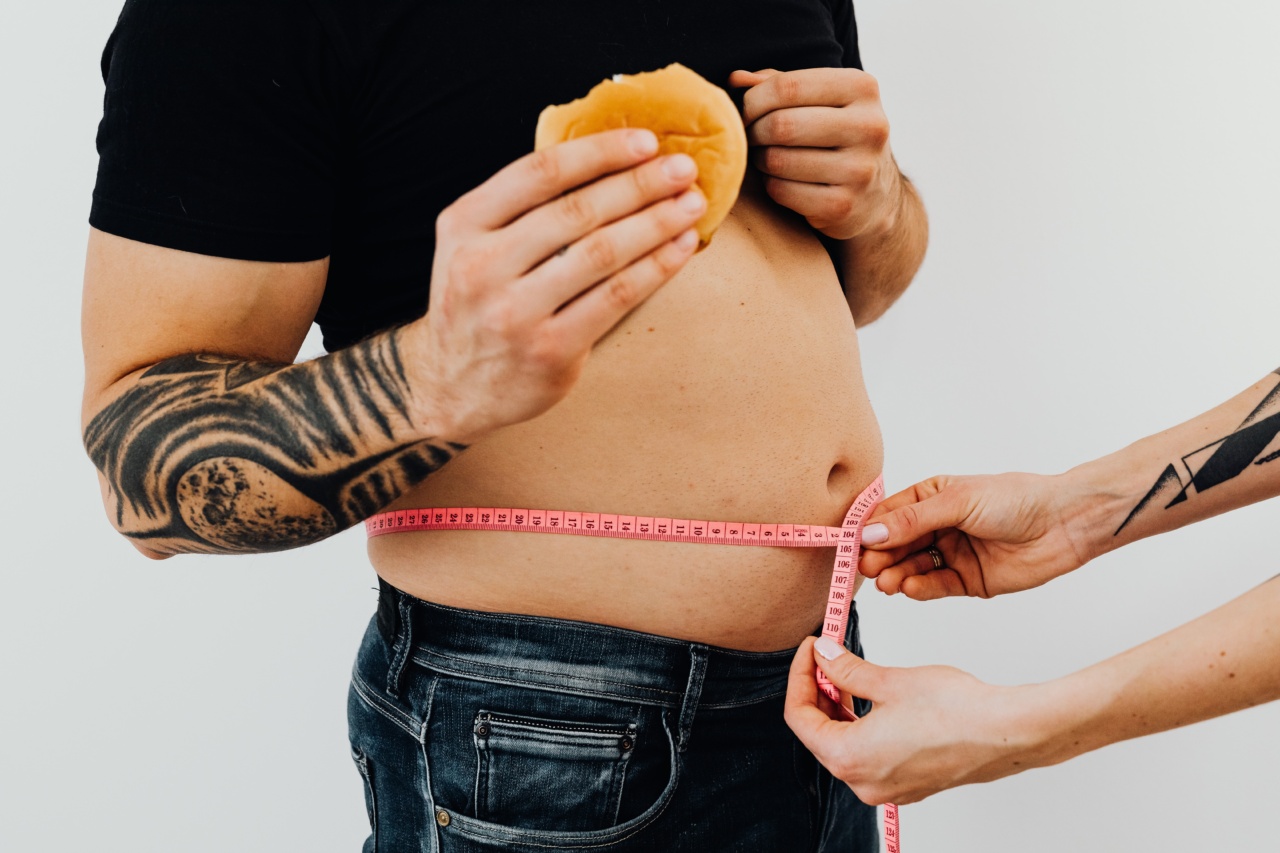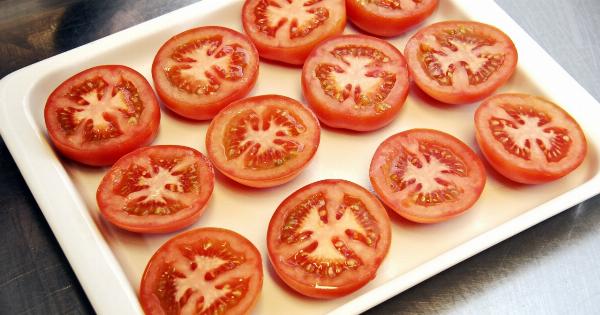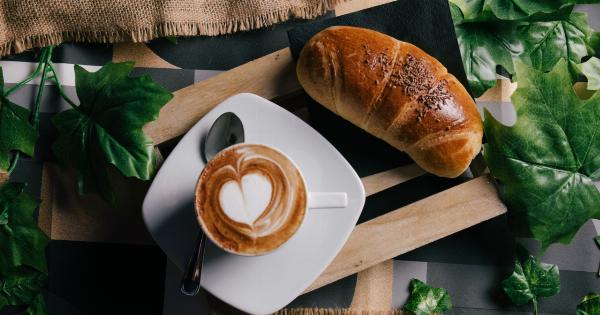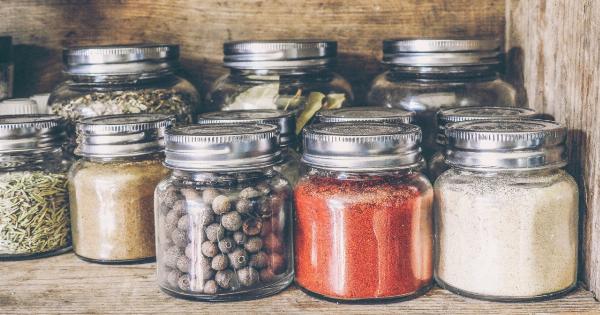When it comes to weight loss and management, many people opt for a low-carb or no-carb diet. While cutting carbs can help you shed some pounds quickly, it’s not a sustainable long-term solution.
Carbohydrates are an essential macronutrient that fuels our body and brain.
The key is to choose wise carb choices that are packed with nutrients, fiber, and antioxidants that can help you feel full and satisfied while providing enough energy to fuel your day.
Here are some high-carb foods that won’t expand your waistline:.
Oatmeal
Oatmeal is a popular breakfast staple for its filling and gratifying effect. It’s made from whole-grain oats that offer dietary fiber and complex carbs, which take longer to break down and prevent spikes in blood sugar.
One cup of cooked oatmeal contains around 30 grams of carbs, 5 grams of fiber, and 6 grams of protein. You can add toppings like fresh fruits, natural sweeteners, and nuts to make it more delicious and nutritious.
Quinoa
Quinoa is a versatile and gluten-free grain that is rich in protein and fiber, making it a great choice for plant-based diets and weight management. One cup of quinoa contains about 39 grams of carbs, 8 grams of protein, and 5 grams of fiber.
It’s also a good source of iron, magnesium, and zinc, which are essential for a healthy metabolism.
Brown Rice
Brown rice is an unrefined whole grain that is a better alternative to white rice, which has lower nutrient density and more calories. One cup of cooked brown rice contains about 45 grams of carbs, 5 grams of protein, and 3.5 grams of fiber.
It’s also a good source of B vitamins and minerals like selenium and manganese.
Fruits
Fruits are naturally high in carbs due to their sugar and fiber content. However, they are also packed with vitamins, minerals, antioxidants, and water, which help hydrate and nourish your body.
Some of the low glycemic index fruits include apples, berries, kiwi, oranges, and melons, which have a slower sugar release and can help you feel full for longer.
Sweet Potatoes
Sweet potatoes are a sweet and satisfying root vegetable that is rich in complex carbs, fiber, and beta-carotene, which helps maintain healthy skin and vision.
One medium-sized sweet potato contains about 23 grams of carbs, 4 grams of fiber, and 2 grams of protein. You can bake, roast, or mash them and add some cinnamon or garlic for more flavor.
Lentils
Lentils are a nutrient-dense and affordable legume that is high in protein, fiber, and slow-release carbs, which can regulate blood sugar and prevent sugar cravings.
One cup of cooked lentils contains about 40 grams of carbs, 16 grams of protein, and 16 grams of fiber. They are also a good source of iron, folate, and magnesium, which support energy metabolism.
Hummus
Hummus is a tasty dip or spread made from chickpeas, tahini, and olive oil, which are all high in healthy fats, fiber, and protein. One tablespoon of hummus contains about 1 gram of carbs, 1 gram of protein, and 1 gram of fiber.
You can dip some veggies or whole-wheat pita bread into hummus for a healthy and satisfying snack or lunch option.
Nuts and Seeds
Nuts and seeds are a delicious and nutritious snack that is rich in healthy fats, protein, and fiber, which can help you stay full and satisfied.
Some of the high-carb nuts and seeds include almonds, walnuts, pecans, sunflower seeds, and pumpkin seeds, which contain about 4-7 grams of carbs per ounce. They are also a good source of vitamin E, magnesium, and antioxidants.
Whole-Grain Bread and Pasta
Switching from white bread and pasta to whole-grain versions can significantly increase your fiber intake and reduce the risk of obesity, heart disease, and type 2 diabetes.
One slice of whole-grain bread contains about 12 grams of carbs, 2 grams of fiber, and 2 grams of protein. One cup of cooked whole-grain pasta contains about 45 grams of carbs, 4 grams of fiber, and 8 grams of protein. You can pair them with some lean protein and veggies for a balanced and wholesome meal.
Beans
Beans are another affordable and versatile legume that is high in fiber, protein, and carbs, which can help you build muscle and reduce inflammation.
Some of the low-carb beans include black beans, kidney beans, chickpeas, and navy beans, which contain about 15-20 grams of carbs per cup. They are also a good source of potassium, iron, and folate, which support heart health and brain function.
In conclusion, carbs are not the enemy of weight loss and health.
It’s all about choosing the right carb sources that are rich in nutrients, fiber, and antioxidants and avoiding the refined and processed carbs that can cause inflammation and sugar spikes. By incorporating these high-carb foods into your diet, you can nourish your body and mind and maintain a healthy weight and energy level.






























